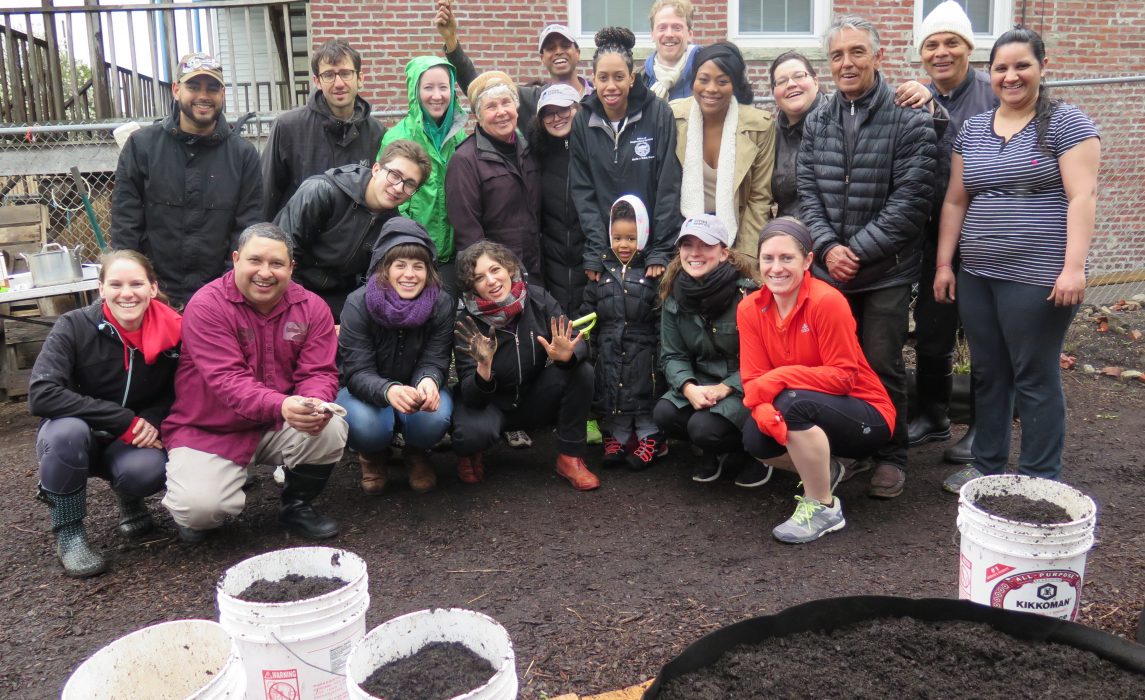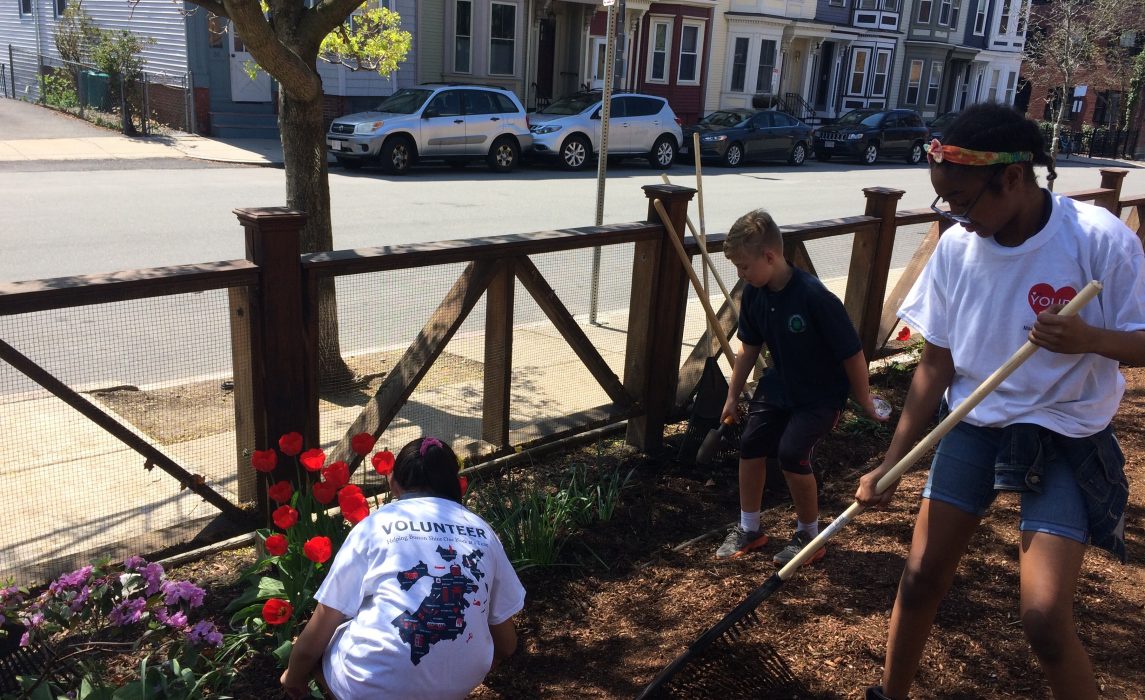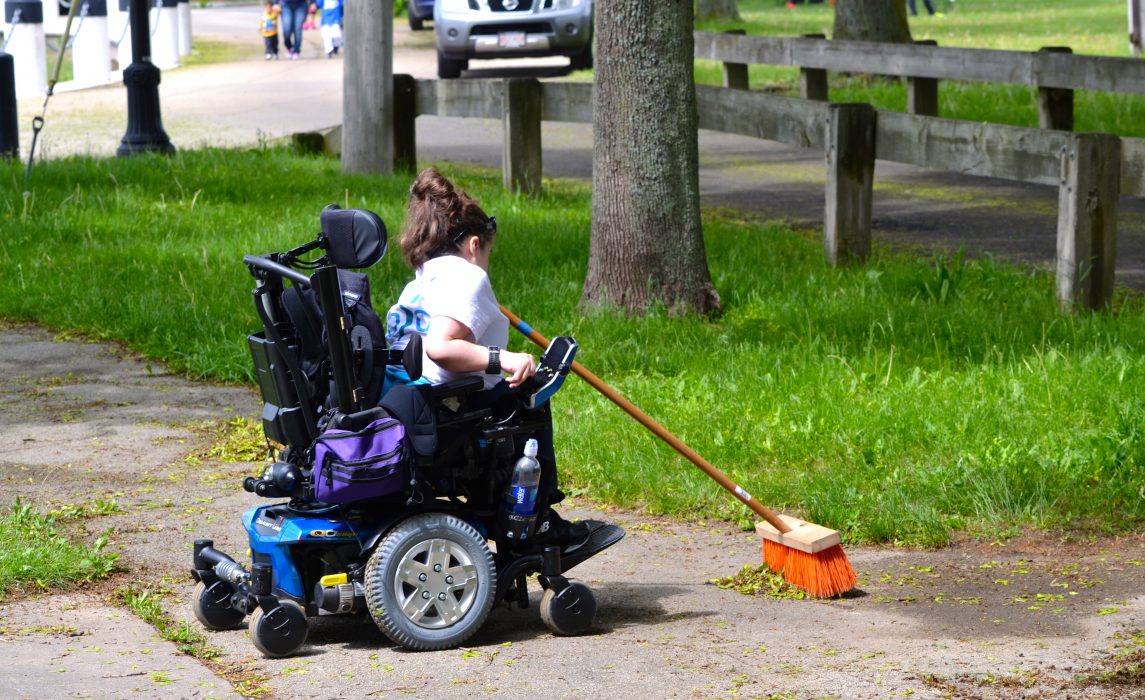Restoring Parks and Community in Boston
The Problem
Some Boston neighborhoods had higher concentrations of poverty and crime, leaving residents with fewer opportunities and at higher risk of health problems. Lack of investment has left many of these same neighborhoods with blighted buildings and abandoned lots and few outdoor community spaces.
The Solution
The city funded community-led projects through its Cities of Service Love Your Block program. These addressed a number of problems, including blighted properties and lack of access to healthy food and nutrition information. The service plan created by the city helped city staff envision the program as part of its citywide efforts, leading city staff to combine it with an existing neighborhood cleanup initiative for greater impact.
The Results
Through the Cities of Service Love Your Block program, the city engaged nearly 1,200 people to improve their communities.
- Citizens cleaned up 255 parks and vacant lots, removing 76,000 pounds of litter.
- Community groups installed 21 art displays.
- Residents created a number of community gardens and improved existing projects.
- In the East Boston neighborhood, residents formed a neighborhood association so they could apply for a mini-grant to add a better composting system, raised garden beds, weatherproof signage, and rain barrels to the existing Eastie Farm community garden.
- Community members cleaned up the Walden Road Park, including restoring and painting benches and holding a block party to celebrate the completion of the project.
- The Urban Institute Love Your Block Study found that the project increased social capital and made residents feel a new sense of empowerment.
- Due to the popularity of Love Your Block, it has become a permanent program in Boston. Engaging with residents to revitalize their neighborhoods is now a priority for city hall.
Keys to Success
With the additional capacity from the Cities of Service Love Your Block AmeriCorps VISTA members, the city was able to meet with residents in their own communities.
- The Love Your Block team connected with families in neighborhood parks. They gave children arts supplies and asked them to color a picture of their block and what could make it better and spoke with the parents about their needs and desires.
- This kind of face-to-face outreach helped the city connect with communities that had been difficult for the city to reach in the past and demonstrated the city’s commitment to the program.
“We know we have issues like heat island effect, and the way to engage and address issues like that is to do something positive. When you get the community together to grow food…to get to know one another: this has long-term and short-term returns. In the short-term, neighbors now know each other and can rely on one another in a crisis. On the long end, we’re building a source of local food and addressing climate change.”
Kannan Thiruvengadam, Boston resident & Love Your Block volunteer



